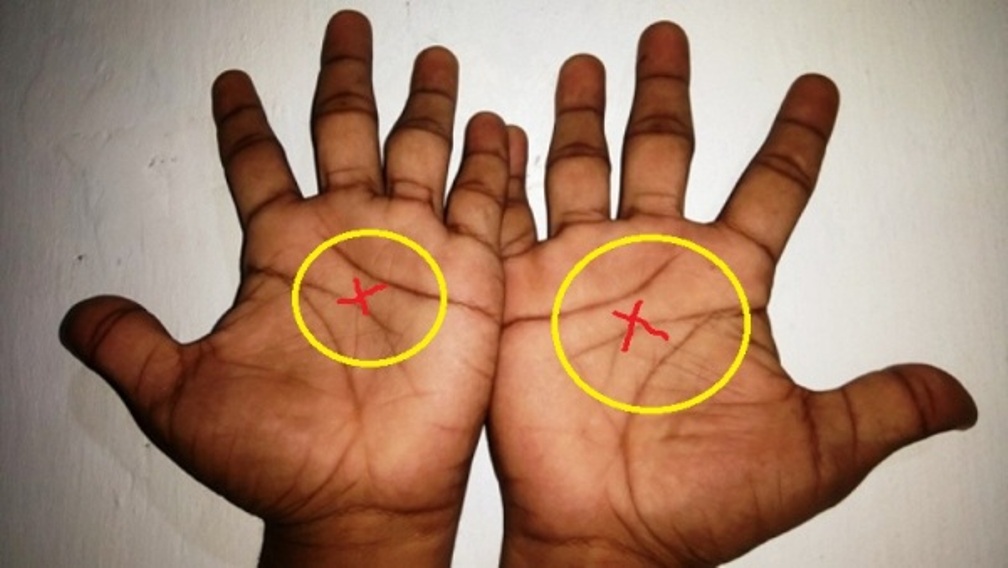A woman who alleges she was subjected to domestic violence said a family court judge’s “outdated views” on sexual assault caused her to lose a child custody battle with her ex-partner.
The woman, whose identity has not been released, is caught up in a legal row with her former partner over whether he should be permitted to spend time with their four-year-old son.
A female High Court judge has permitted the woman to appeal the ruling – with Ms Justice Russell saying she will reveal the reasoning behind her decision to allow the appeal in the near future.
She complained she had been a victim of domestic violence and said the man had raped her.
But she said Judge Robin Tolson had concluded that “because” she had “taken no physical steps” to stop the man from raping her “this did not constitute rape”. Judge Tolson had “outdated views”, she claimed.
The couple separated more than three years ago and the boy remained with his mother, a judge heard.
Family court litigation began after the man asked to be allowed to spend time with his son. The woman objected, saying the man had been controlling, and had raped her.
Judge Tolson, who was asked to make findings of fact relating to the woman’s domestic violence allegations, ruled against her after a private hearing at the Central Family Court in London in August but the woman appealed this verdict.
Ms Justice Russell, who analyzed the appeal at a public hearing in the Family Division of the High Court on Thursday, indicated a fresh fact-finding hearing would be overseen by a different judge.
Catherine Piskolti, a barrister who led the woman’s legal team, told Ms Justice Russell Judge Tolson had refused to make six “findings of domestic violence” sought by her client.
Ms Piskolti said the judge had found the woman’s allegations were “untrue” and that she was “not raped” and not “subject to a controlling relationship”.
She raised a number of concerns about Judge Tolson’s ruling which included the fact Judge Tolson had “outdated views” and had been “significantly exercised” by the fact the woman “took no physical steps” to stop the man.
“The learned judge was wrong in impermissibly allowing his outdated views on sexual assault, and likely victim responses to this, to influence his findings and conclusions,” Ms Piskolti said in a written outline of the case given to Ms Justice Russell.
“The learned judge found that because the appellant had taken no physical steps to stop (him) from raping her this did not constitute rape, or non-consensual sexual intercourse, or that because she did not take physical steps to stop him her evidence is not credible and therefore it did not happen.”
She added: “Either way, the learned judge’s approach was wrong.”
“Involuntary paralysis” or “freezing” have been found to be a highly frequent physiological and psychological reaction to sexual assault by experts.




